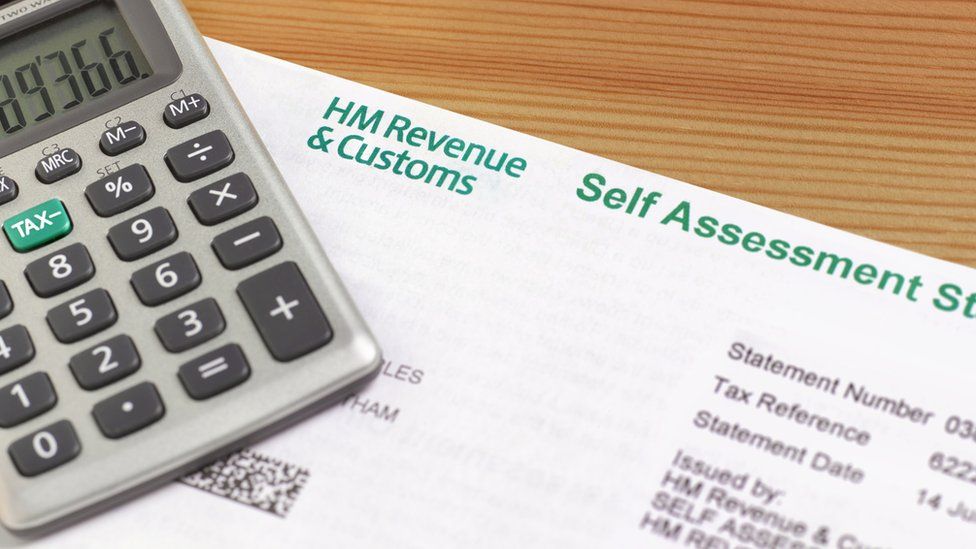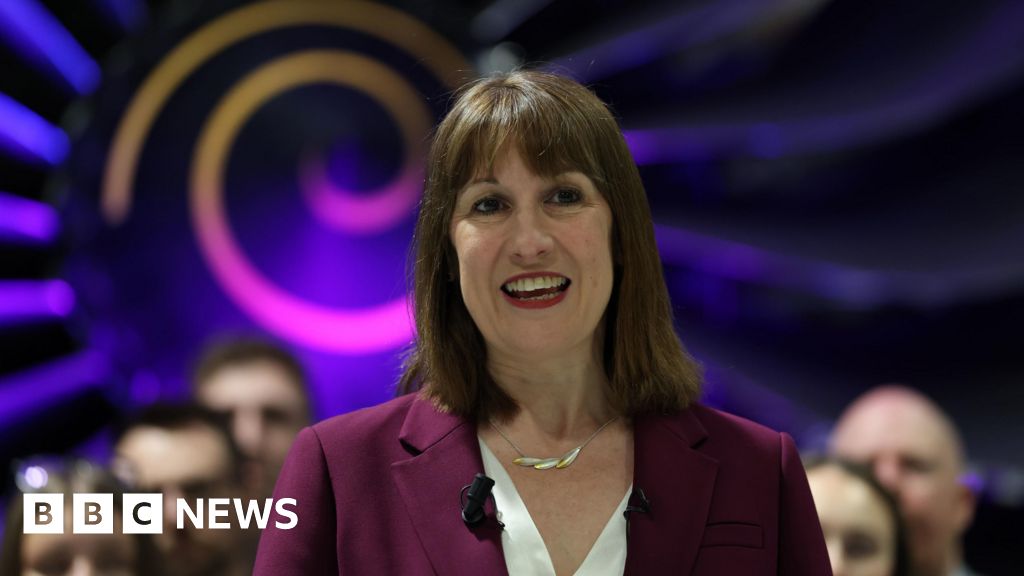ARTICLE AD BOX
By Beth Timmins
Business reporter, BBC News
 Image source, Getty Images
Image source, Getty Images
The jump in the number of people paying higher rates of income tax comes as the cost of living soars
There are almost two million more higher and additional rate taxpayers in the UK, according to HM Revenue and Customers (HMRC).
The number of people paying 40% or 45% tax has risen from 4.25m to more than 6.1m workers since 2019, figures show.
It comes as prices rise at the fastest rate for 40 years and workers and unions push for pay rises to cope.
The Treasury has been urged to re-examine tax brackets, but it said most tax payers still paid the basic rate.
It had taken "tough but responsible decisions" to "avoid saddling future generations with more debt" after record levels of borrowing during the pandemic, it said.
"Maintaining income tax thresholds is a progressive approach. The vast majority of taxpayers will still pay the basic rate and the UK still has the highest personal allowance in the G20," the spokesperson added.
Countering this approach, former Liberal Democrat pensions minister Sir Steve Webb said that "paying higher rate tax "used to be reserved for the very wealthiest".
But this has changed "very dramatically" in recent years, added the partner at consultants LCP.
"People who would not think of themselves as being particularly rich can now easily face an income tax rate of 40% and around 1 in 5 of all taxpayers will soon be in the higher rate bracket," he said.
Higher rate taxpayers paying 40% earn £43,663 or over in Scotland and £50,271 in England, Northern Ireland and Wales. They do not pay tax on the first £12,570 of earnings covered by the personal allowance.
They represent a projected 16.2% of the overall income tax-paying population in 2022-2023, according to the HMRC.
Meanwhile, additional rate taxpayers who earn over £150,000 and pay at 45% tax make up around 1.9%, it said.
The number of higher rate taxpayers is expected to rise further because the tax threshold has been frozen by the government until 2026.
When income tax brackets do not move with inflation it is known as "fiscal drag".
This causes more taxpayers to fall into higher tax brackets, increasing overall income tax payments and generating more money for the Treasury.
Clive Gawthorpe, partner at accountancy firm UHY Hacker Young said the government needs to "urgently" examine these tax brackets.
"Due to inflation, taxpayers sucked into the higher band were already having to make their monthly pay checks stretch further - without the additional burden of higher tax," he added.

 2 years ago
120
2 years ago
120








 English (US) ·
English (US) ·